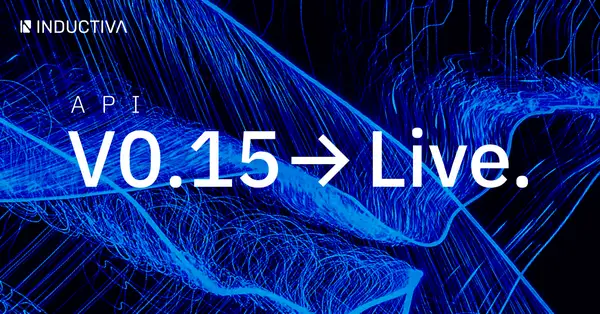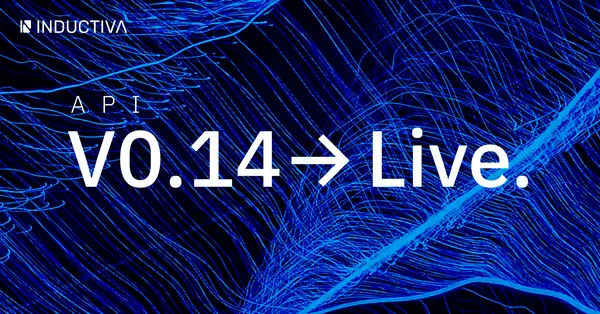Our Insights
docker-and-apptainer

May 12, 2025
🔄 Real time Outputs, 💼 Smarter Projects, 🏷️ Metadata at scale, 🔒Private Simulators and two new ways to model the ocean 🌊 : What’s New in Inductiva.AI v0.16
v0.16 empowers teams to streamline simulation workflows, access real-time outputs, and harness advanced ocean models.
The Inductiva Team

March 24, 2025
Inductiva API v0.15 - Smarter Simulations, Flexible Pricing, and Enhanced Usability
Discover how v0.15 helps teams run simulations faster and more efficiently, from advanced simulators to intuitive file handling.
The Inductiva Team

February 17, 2025
GPU-Accelerated Simulations on Inductiva.AI – Faster, More Efficient HPC with Inductiva API v0.14
Inductiva v0.14 adds GPU support, live output previews, AWS cloud exports, and new open-source simulators.
The Inductiva Team

December 11, 2024
The Black SWAN: Debugging the Unexpected
Dive into our challenges switching SWAN’s executable, uncovering peculiarities in MPI and machinefile behavior across local and cloud environments.
Paulo Barbosa
Maya Hershey